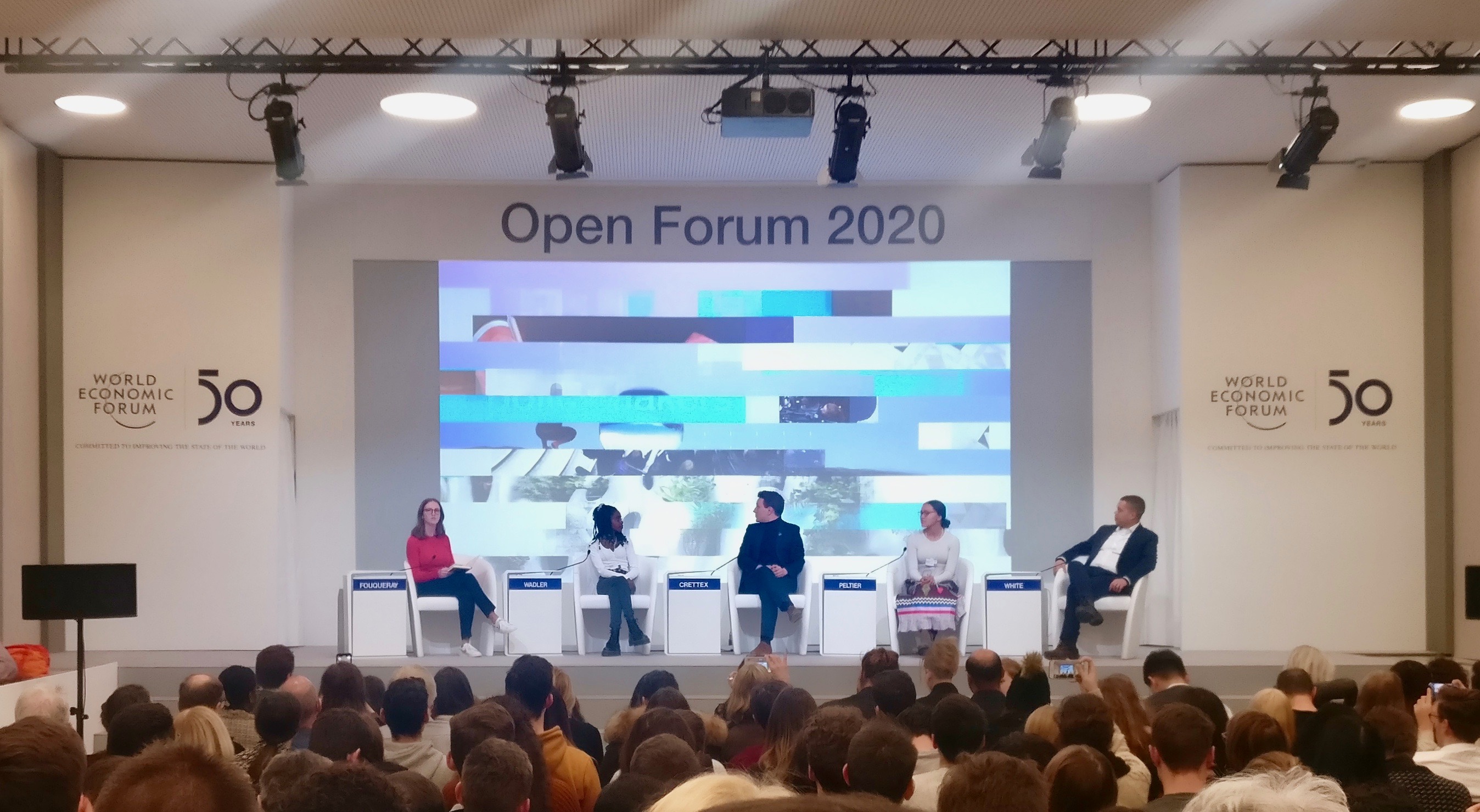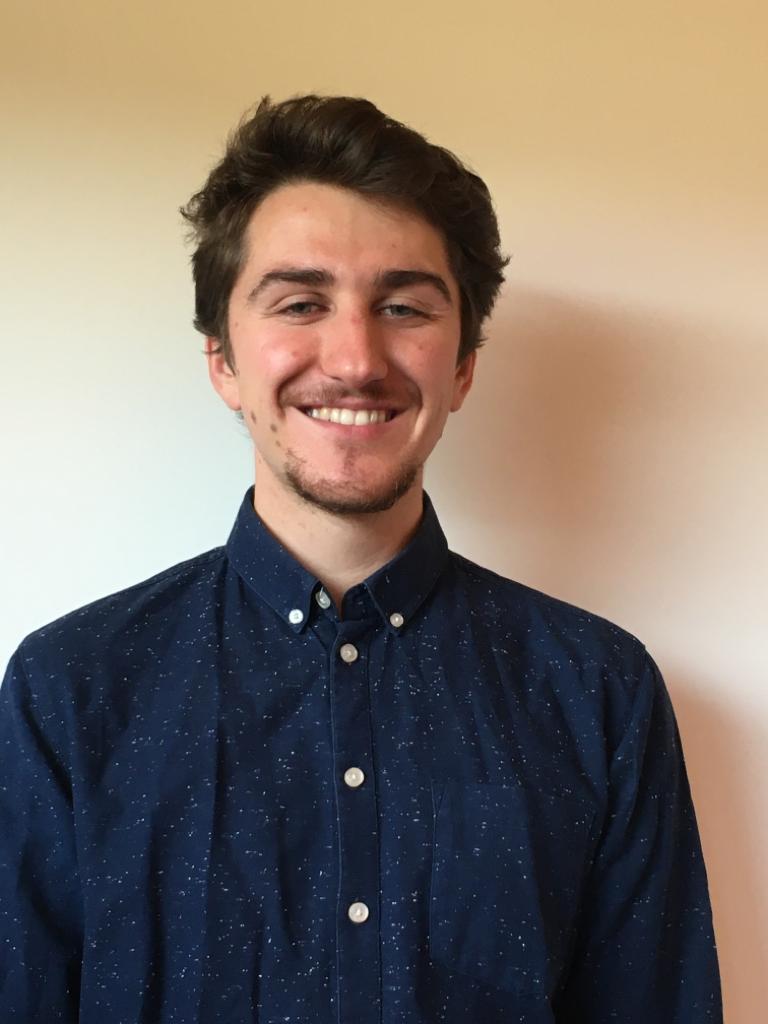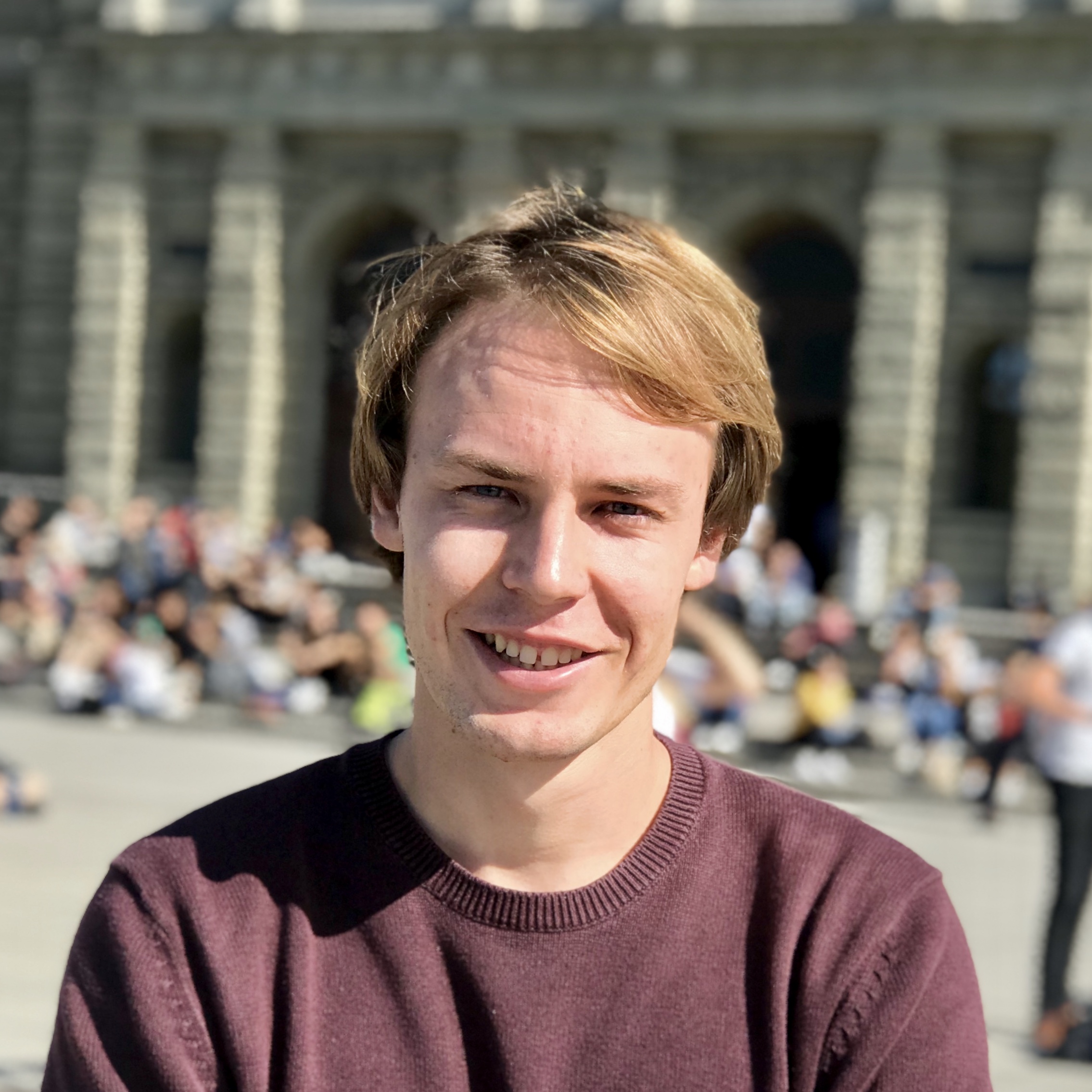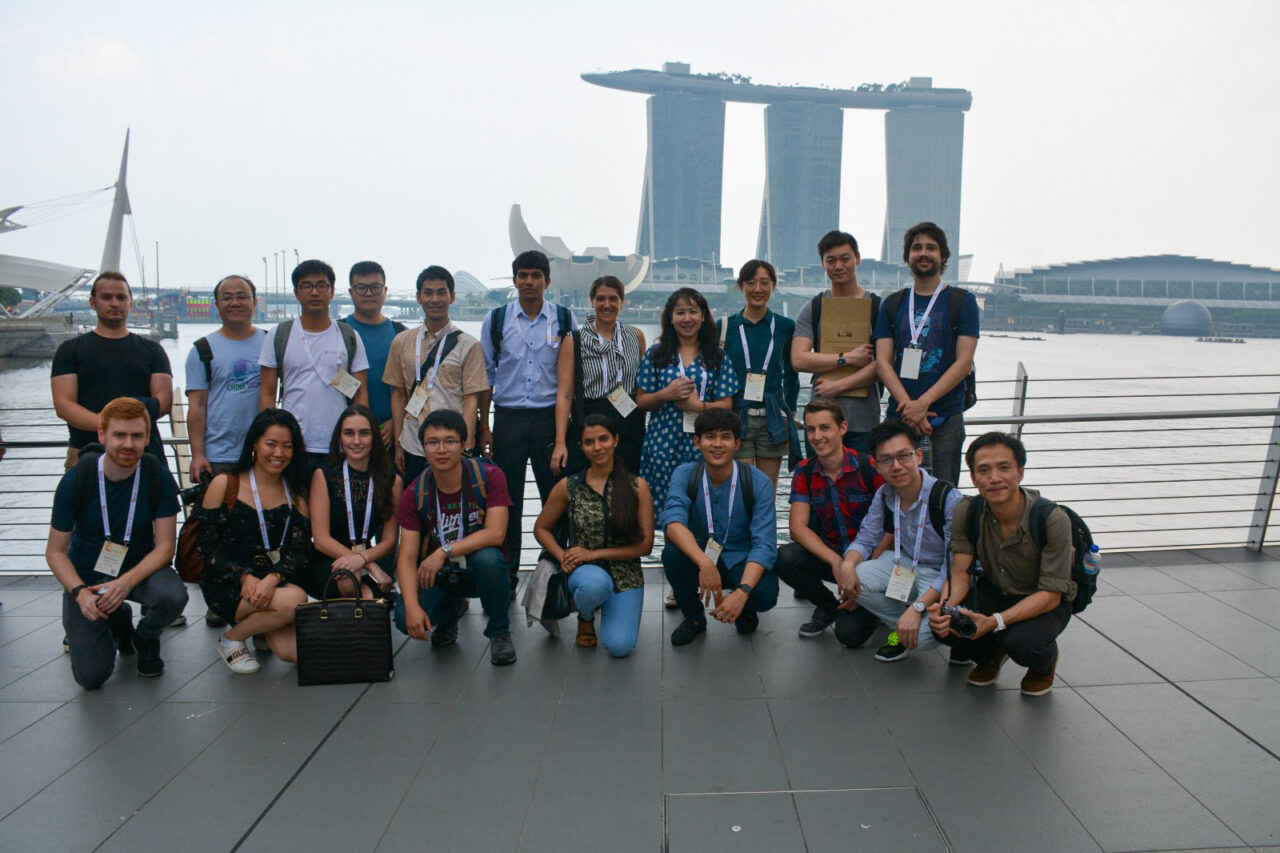The World Economic Forum (WEF) is celebrating the 50th anniversary of its Annual Meeting in Davos in 2020. In this context, on January 22nd, a committee of ETH Zurich students involved in the Department of Management, Technology, and Economics (MTEC) Mentoring Programme were invited to dive into the atmosphere of discussions among politicians, activists and thought leaders.
Demystifying the spirit of Davos: the future of activism
by Lukas Fleisch and Martí Martínez de Morentin Cardoner, 5 February 2020
The Power of Youth
How can movements transform their will for change into action? In the first session we attended at the WEF’s Open Forum, the two teenage activists Naomi Wadler (USA) and Autumn Peltier (CAN) were fighting for raised awareness of the situation of African American and Indigenous peoples. They explained that they do not let themselves get discouraged by people who oppose their efforts, or lack respect due to their young age. Micah White (USA), activist and co-creator of the Occupy Wall Street protests, grasped the essence of the power of youth in a nutshell: “its biggest strength is its fearlessness, but the lack of historical understanding can be both a virtue and a defect.”

WEF Open Forum conference: “The Power of Youth”. Image: Leopold Franz
Together with Maxime Crettex (CH), Swiss Youth Delegate of the United Nations, they discussed issues concerning activism, such as the role of social networks, activism burnout, the voting age and the meaning of success. Regarding the last point, it is quite interesting to think of how lowering the bar of success can hinder progress; for instance, becoming satisfied with a mass mobilization can stop you from pursuing a bigger goal, such as a change in the system.
Food for Thought at the ETH Pavilion

Luc de Brabandere with the MTEC committee at ETH Pavilion. Image: ETH Zurich/Andreas Eggenberger
After the first event, we walked through sunny Davos towards the ETH Pavilion, which was hosting the exposition rETHinking Creativity, where the barriers between art and science vanished to show new creations and designs. There we attended a special lecture by corporate philosopher Luc de Brabandere. His presentation addressed some challenging, yet frightening, questions: will Artificial Intelligence and data correlations substitute and over-perform scientific models and deductive thinking? Henceforth, what is the human role in a digital world? How should we train and develop our thinking? He mentioned the value of human-originated creativity that arises from intuition and following our dreams. For companies to be successful in initiating technological disruption, he said, it was necessary to not only focus on innovation through logical deduction, but also on creative induction at the same time. The talk gave us a clear guideline on what aspects we need to stress in our thinking: “Be logical, be critical, and be creative”.

WEF Open Forum conference: “A Conversation with Will.i.am”. Image: Martí Martínez de Morentin
Will.i.am and how to fight school shootings
The last event of the day was a talk of Naomi Wadler, who we had already seen in the Power of Youth talk, and Will.i.am, music creator, producer and former member of the band Black Eyed Peas. The topic was the fight against gun violence in the US and the March For Our Lives movement.
The trailer of the film Parkland Rising was shown first. Produced by Will.i.am, it aims to put the audience in the shoes of the kids who experienced a school shooting in Parkland, Florida.
In the talk, Will.i.am reflected on how his role as a celebrity gives him the possibility to raise awareness about such incidents. He and Naomi Wadler engaged in a discussion on social inequality in the US, and how the media covered the issues. In his words: ”My neighbourhood was invisible. […] Whenever there is an earthquake we show up, but there is an earthquake every day in my neighbourhood.”
The discussion on what gun policy to advocate for made us think about a trade-off or possible conflict between two paradigms: long-term ideal goals, versus incremental changes. They agreed that before one can even start arguing for stronger long-term goals in the gun control debate, first very basic steps such as background checks need to be installed.
Conclusion
From the diversity of speakers we had, we could grasp that there are still many intercultural challenges at the WEF: as different countries have a different agenda, they might not always agree on the importance of problems. Whereas debates about the climate strike dominate in Europe, gun violence or minority rights issues prevail in Northern America. Also, we noticed that the discussions mostly failed to deliver clear outcomes, guidance or controversial debates. We think that the next step would be to discuss how to implement solutions to these problems. Seeing first hand that the WEF alone cannot provide answers to the world’s most pressing problems was another insight from our Davos experience. Nonetheless, it sets a good start for thinking about and looking for solutions, and inspires participants to take action.

Lukas Fleisch. Image: Tamara Moosbrugger-Fleisch

Martí Martínez de Morentin Cardoner.
Image: Sergi Macià
Image: Sergi Macià
About the authors
Lukas Fleisch and Martí Martínez de Morentin Cardoner are students of the ETH MSc Management, Technology and Economics involved in the MTEC Mentoring Programme, an initiative that fosters relationships between ETH students and professional experts who volunteer to become mentors and share their experiences.



